We’ve had Down Under Visa BLOG articles on this topic before, but it never hurts to have a refresher. It’s always there and it’s always pending as a potential serious issue, especially in the Philippines.
Of course I’m talking about false statements and bogus documents, something we always have to look out for! These are often the death-blow to an otherwise sound visa application, and can keep an Australian Filipina couple apart for many years!
I’m in no way being judgemental here, but the fact is each country and culture has its own version of what rules you can break and what rules you can’t. In Germany and Hong Kong, jay-walking is taken very seriously. In Australia? No one thinks of it as an issue at all. In the Philippines there’s such a rigmarole involved in doing paperwork properly, it’s hard to blame people for taking shortcuts and you’ll find it’s fairly common.
And most of the time that’s the intention. Save some time and some general stuffing-about. What’s the harm? And for most situations, no obvious big deal. However, Australia takes a different view. No one in Australia stuffs about with official paperwork, unless they have bad intentions. Therefore that’s how it’s viewed, and an attempt years ago by a relative to make things simple can lead to a visa refusal and a three-year ban under Reg 4020 of the Migration Regulations.
The problem is that whilst the majority of paperwork “irregularities” were quite innocent in intent, the same methods of falsification are used for bad intentions.
For example:
- Covering up an abduction of a child
- Covering up an unwanted marriage
- Covering up a criminal record
- And of course Australia DOES have the right to know who the person is that they are letting into the country. That’s perfectly fair enough!
What I’m talking about here is mostly IDENTITY DOCUMENTS. Birth certificates and sometimes passports. Also marriage certificates and CENOMAR’s.
The point is, the staff at the Australian Embassy in Manila make it their business (and it IS their business!) to find out when documents and statements are fraudulent. They have ways! And if they are suspicious, they have further ways of finding out additional information. They will contact education offices to see if school records are correct. They will contact churches to see if Baptismal certificates are correct. And if you have two birth certificates in the system showing conflicting information, they WILL find out!
As the cute pic above says, You don’t fool them! So please don’t try.
Yes, we know it’s often hard work tracking down supporting information when births are late-registered. We’re also aware that in most cases it was somebody else (like a parent, grandparent, auntie, etc) who did the falsifying in the first place. And back then it was more acceptable than it is now. But that’s the way it works, so you need to do the legwork if you want to get an Australian visa and not a refusal and a long ban!
So please let us know if there are any issues, especially if you already know there’s something not right. Better to spend even a few months fixing something the proper way than to be in the wilderness for years due to what turns out to be a bogus document.
And a word on lawyers (aka “attorneys” here). Watch out for dodgy ones who come up with simplistic suggestions or especially those who suggest more falsification of documents to cover up errors. You cannot deal with an official document with major errors by writing a simple affidavit stating that there was a mistake. And cover-up attempts will only make the situation far worse than it already is.

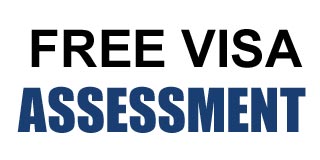
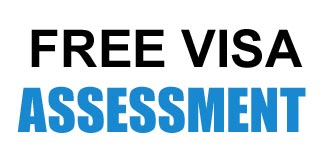




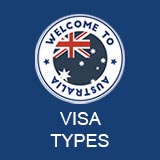
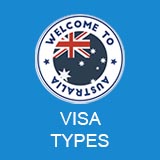
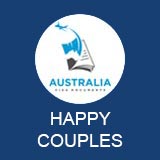
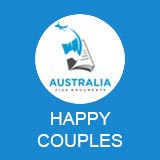





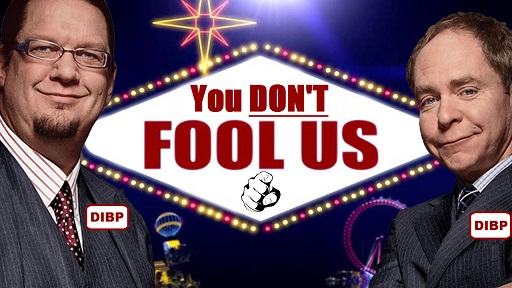

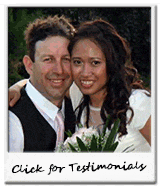
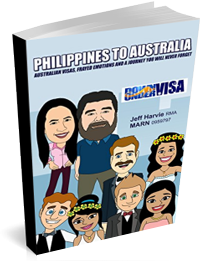
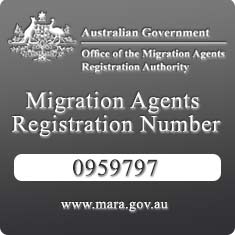
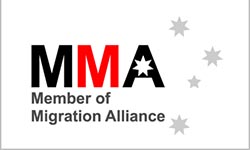
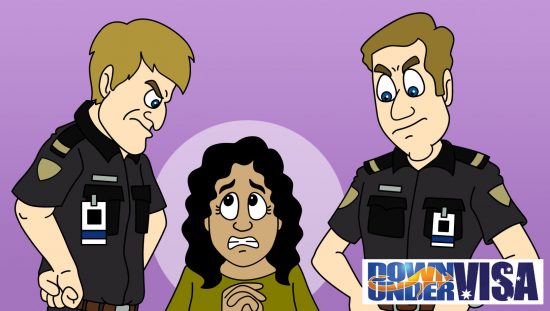 Multiple Entry Tourist Visas – The Reality
Multiple Entry Tourist Visas – The Reality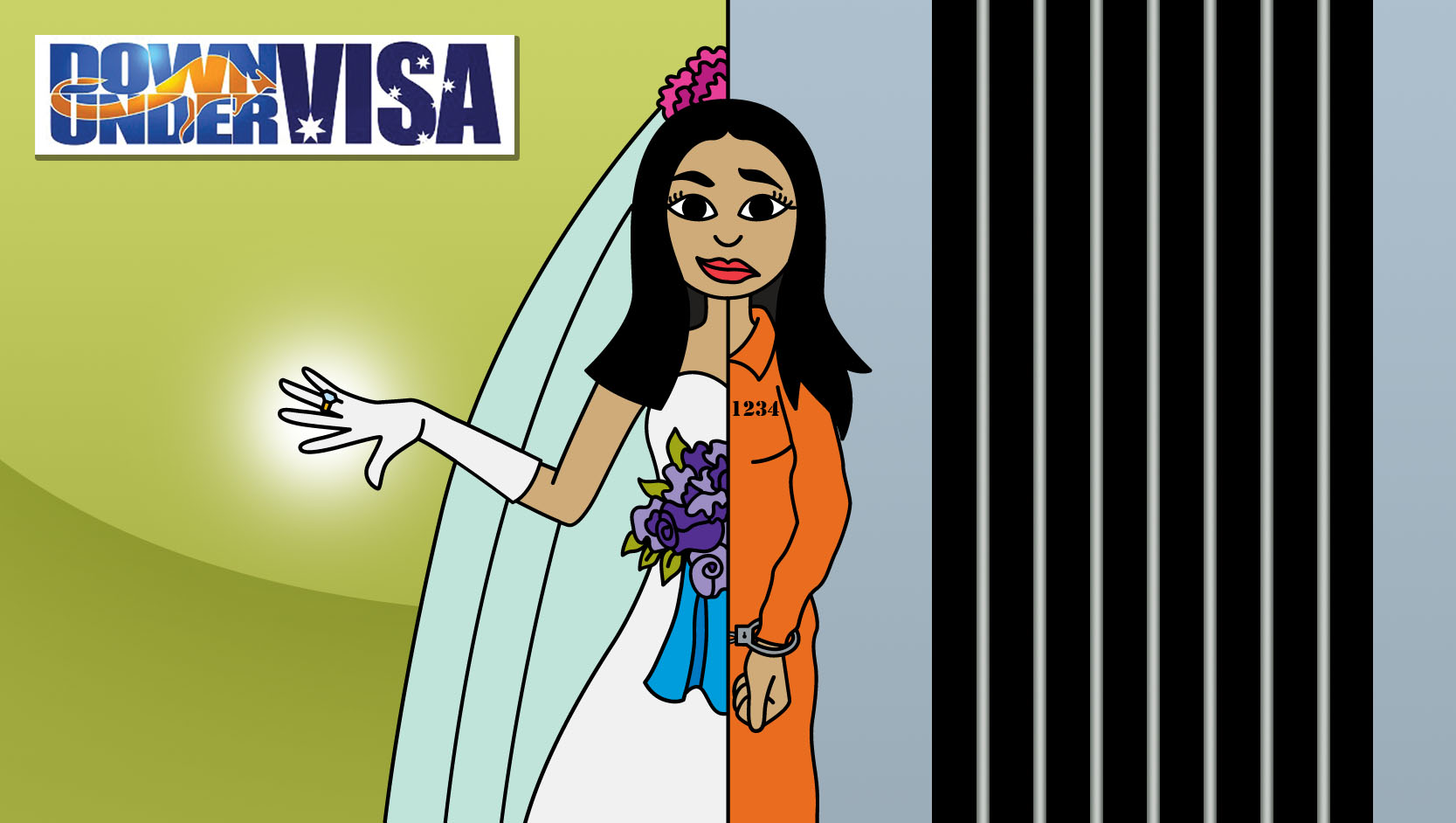 Still married but want an Australian Partner Visa
Still married but want an Australian Partner Visa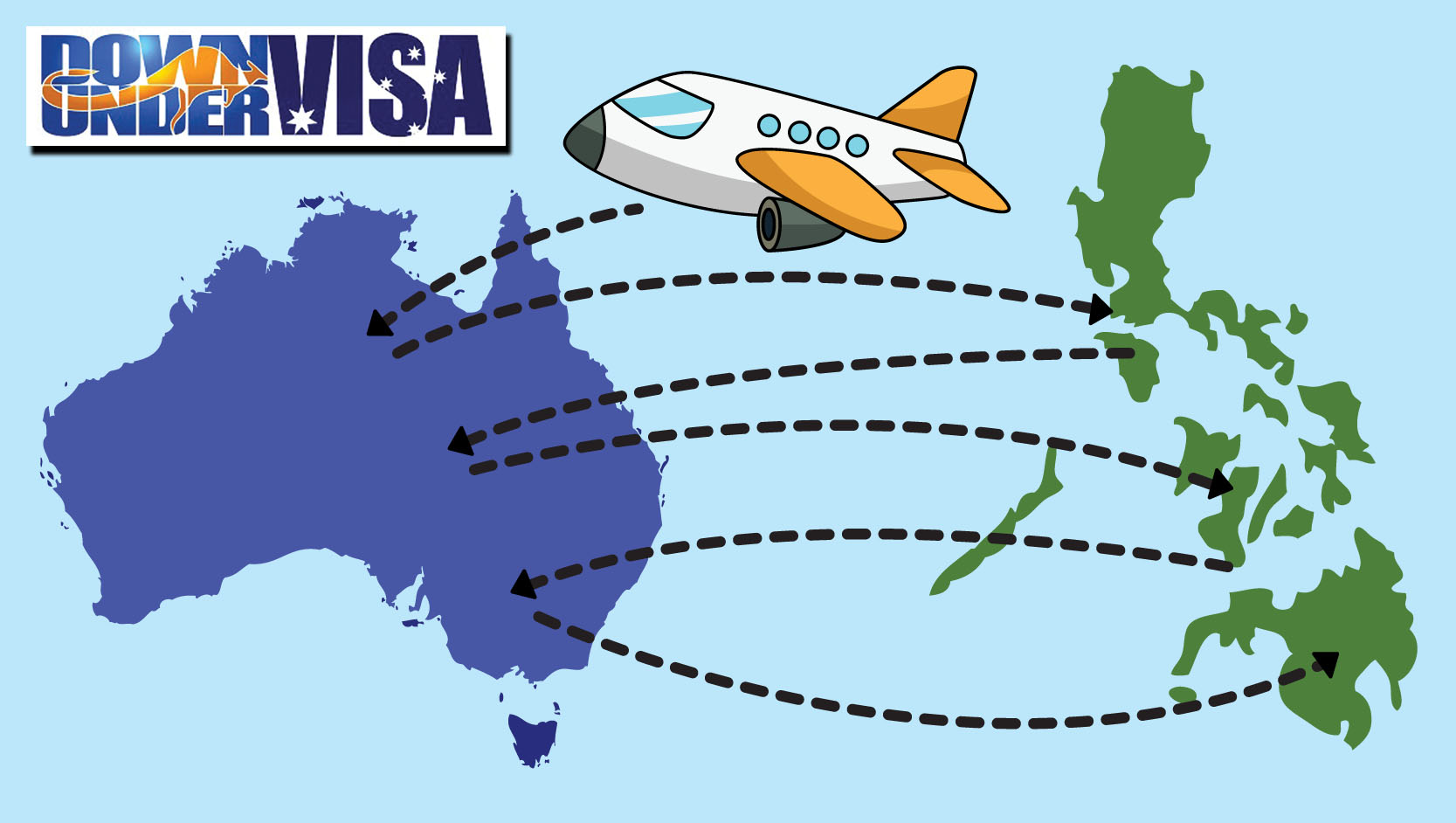 Welcome to Down Under Visa – Australian Partner Visa Specialists
Welcome to Down Under Visa – Australian Partner Visa Specialists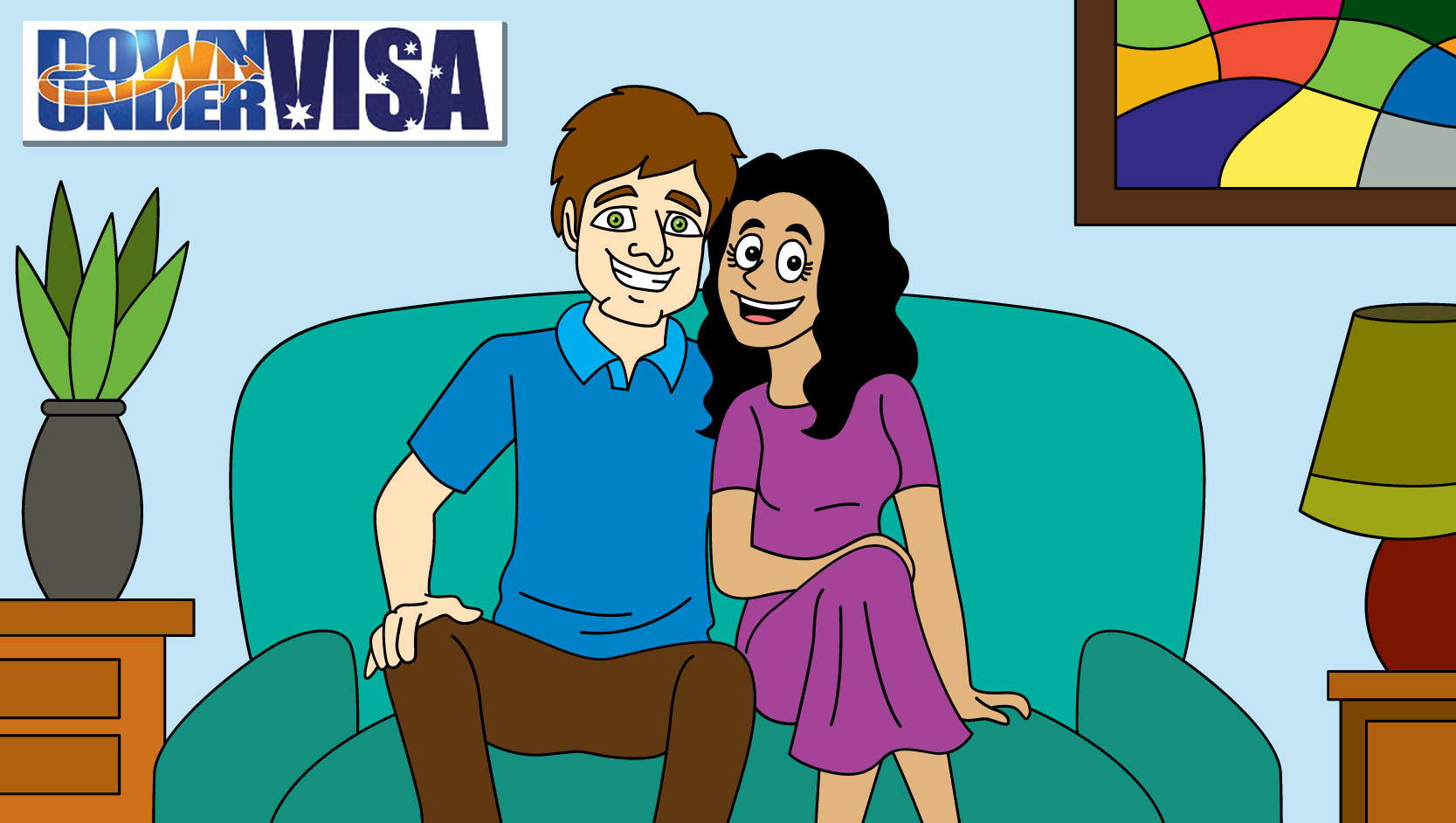 Australian Partner Visas and New Families (ie babies arriving soon)
Australian Partner Visas and New Families (ie babies arriving soon)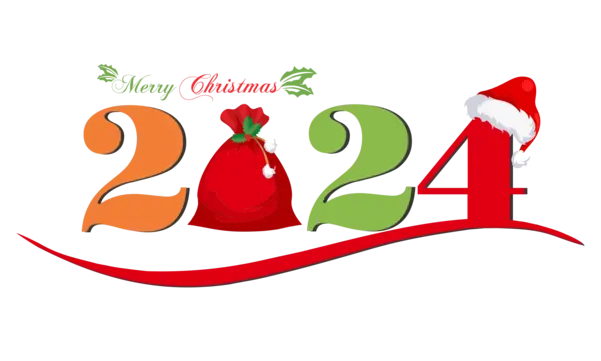 Down Under Visa – 2024 Christmas Vacation Dates
Down Under Visa – 2024 Christmas Vacation Dates


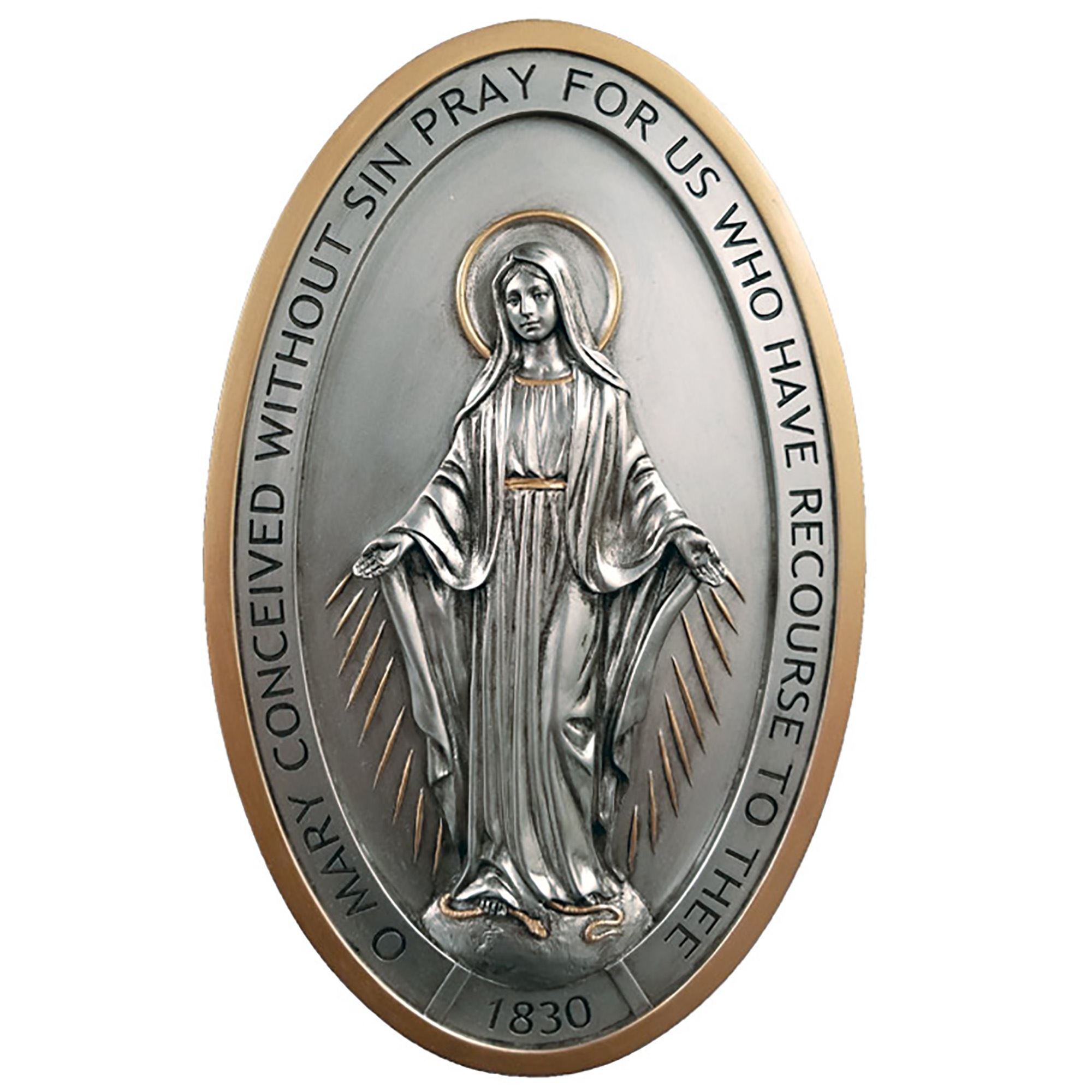
Questions: Please search our BLOG menu or Visa Knowledge Base
Questions about visa types we don’t handle, or about countries we don’t apply for visas from, will not be answered, Philippines to Australia visas for couples and families only.
Do you have suggestions for topics you would like to read an article about? Click HERE and we will see what we can do!